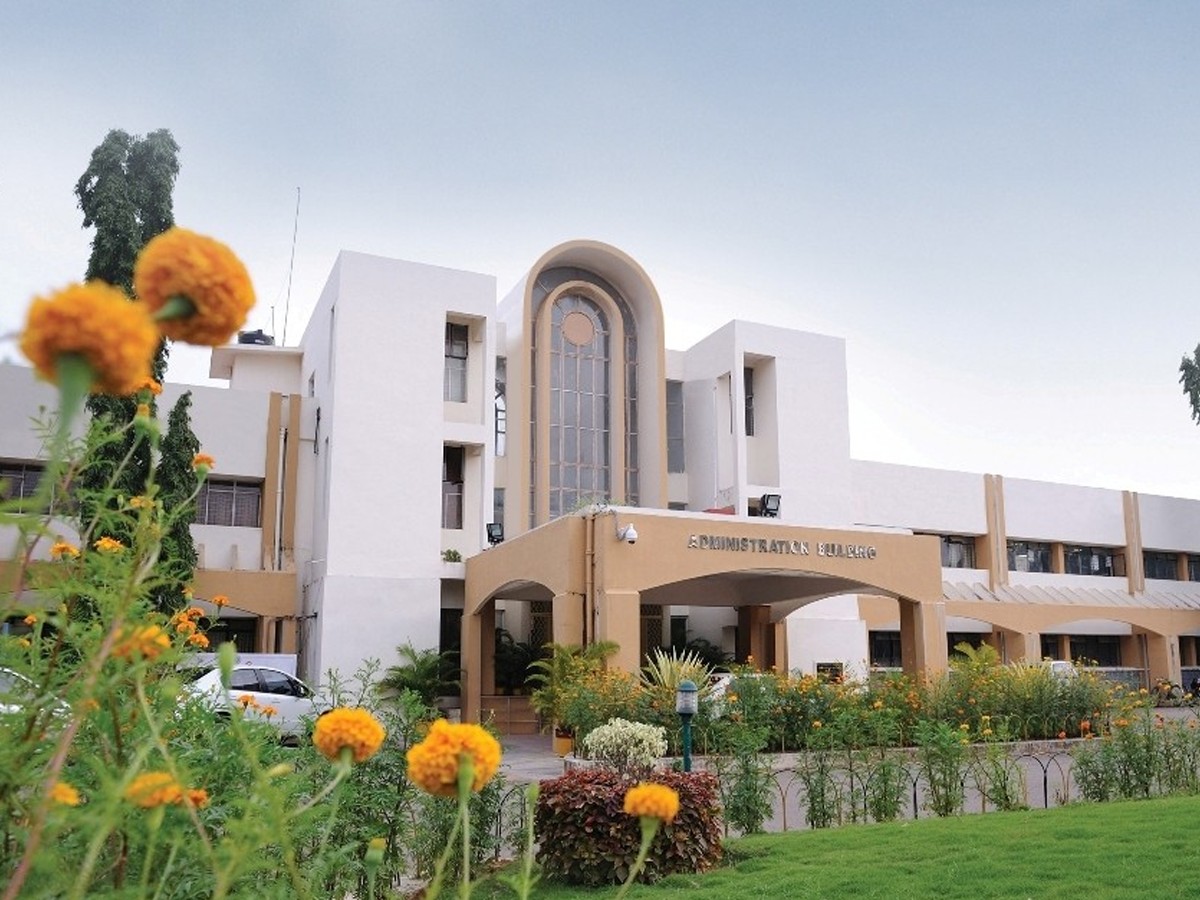Hyderabad: A novel discovery led by a team of researchers from the University of Hyderabad (UoH) could be the next big step in finding a cure for malaria.
A team of researchers led by Prof. Mrinal Bhattacharya found a correlation between the fever that is induced by malaria and the antigenic variation of the malarial parasites, a press release from the UoH said today.
The Plasmodium falciparum erythrocyte-membrane-protein 1 (PfEMP1) (the protein from the malarial parasite under current study) is the most predominant molecular determinant of antigenic variation in this parasite. There could be up to 90 variants of this protein and only one of them is expressed at a given time, and this expression is completely random. These proteins do not live through multiple generations as the malaria parasites keep changing from one protein form to the other, hence the human host fails to mount a robust antibody response against these variant proteins. The present study uncovered how the parasites manipulate the expression of malarial proteins on the surface of the infected red blood cells in response to fever, which is the most common manifestation of the disease. They found that exposure to febrile temperature modulates the expression of virulence genes that could impact chronicity of malaria infection. They found that the master epigenetic regulator in Plasmodium, namely PfSir2, is itself regulated transcriptionally by epigenetic modification. It was discovered that the molecular chaperon Hsp90 serves as the key link between environmental heat stress and chromatin modification in this parasite. The over-production of Hsp90 due to fever, results in lowering of the PfSir2 regulator. This leads to the simultaneous expression of multiple virulence genes, hence promotes the antigenic variation in the parasites. A direct implication of this would be the failure of the human immune system to produce adequate antibodies against each type of new antigen. The research team has found this crucial link between PfHsp90 and PfSir2. Regulation of PfHsp90 can eventually lead to expression of PfSir2, and can thereby lower the antigenic variation in the parasites, hence halting the immune escape by the parasites. Creating a drug to regulate Hsp90 is the next step to successfully prevent malaria in the future.
With Centre’s support, states like T’gana can compete with China: KTR
The findings from this paper suggests that targeting the parasitic proteins involved in the heat-shock response during fever is likely to restrict the antigenic variation in the parasites and thereby prevent malaria. These findings are published in a reputed journal “Molecular Microbiology” by a team lead by Prof. Mrinal Kanti Bhattacharyya and his students, Ms. Wahida Tabassum, and Dr. Shalu Varunan (Department of Biochemistry, School of Life Sciences, University of Hyderabad) in collaboration with Dr. Sunanda Bhattacharyya (Department of Biotechnology and Bioinformatics, School of Life Sciences, University of Hyderabad).
Malaria is considered a life-threatening disease caused by malarial parasite Plasmodium falciparum transmitted among humans through bites of infected female Anopheles mosquitoes.







